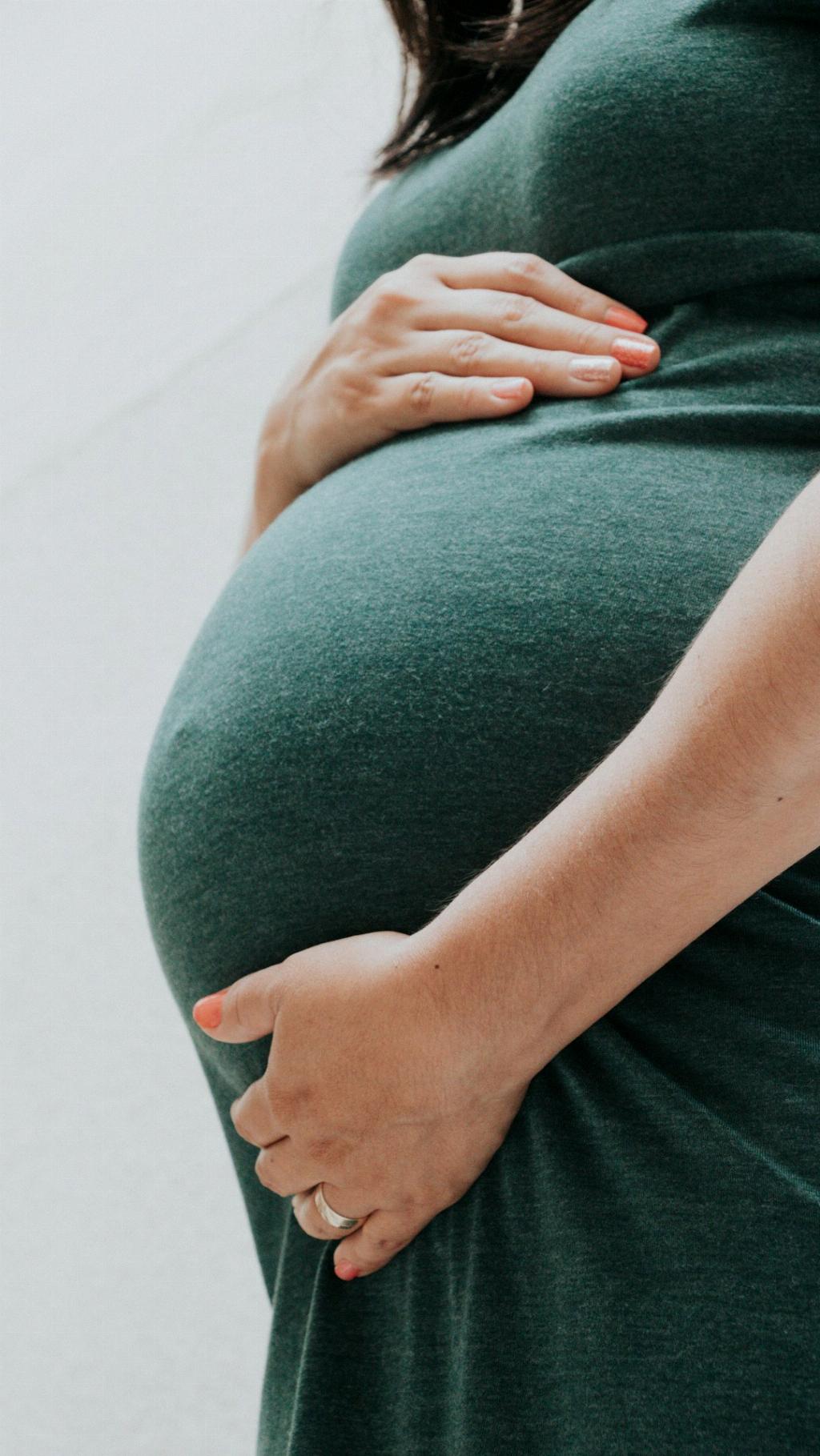During pregnancy, it’s completely normal to experience changes in your body, and this includes your digestive system. The increase in hormone levels, particularly progesterone, can have a significant impact on how your gastrointestinal tract functions. One common symptom that many pregnant women experience is excessive burping or belching.
Causes of Excessive Burping in Pregnancy
The main culprit behind frequent burping during pregnancy is the relaxation of the muscles in the digestive tract due to hormonal changes. This relaxation can lead to more air being swallowed while eating or drinking, which then needs to be expelled through burping. Additionally, as the uterus expands, it can put pressure on the stomach and cause stomach acid to reflux upwards, triggering burping.
Changes in Eating Habits
Pregnant women often experience cravings or aversions to certain foods, which can result in changes in eating habits. Eating too quickly or consuming carbonated beverages can also contribute to swallowing air and subsequent burping. It’s important to pay attention to your eating patterns and make adjustments to help reduce burping episodes.
Stress and Anxiety
Stress and anxiety are common during pregnancy due to hormonal fluctuations and the anticipation of parenthood. These emotional factors can impact digestion and contribute to burping. Finding ways to relax and manage stress levels, such as through deep breathing exercises or prenatal yoga, may help alleviate excessive burping.
Increased Pressure on Digestive Organs
As the baby grows, the uterus expands and can put pressure on the surrounding organs, including the stomach and intestines. This pressure can lead to a slowdown in digestion and an increase in gas production, which can manifest as burping. Practicing good posture and avoiding tight clothing around the abdomen can help relieve some of this pressure.
Dietary Factors
Certain foods and beverages can trigger or exacerbate burping during pregnancy. Spicy, greasy, or acidic foods, as well as caffeinated and carbonated beverages, are known culprits for causing gas and bloating. Opting for smaller, more frequent meals and staying hydrated with water can help regulate digestion and minimize burping.
Underlying Digestive Conditions
In some cases, excessive burping during pregnancy may be a symptom of an underlying digestive condition, such as gastroesophageal reflux disease (GERD) or irritable bowel syndrome (IBS). If burping is accompanied by other symptoms like heartburn, indigestion, or abdominal pain, it’s important to consult with a healthcare provider for proper diagnosis and treatment.
Home Remedies for Managing Burping
There are several simple steps you can take at home to help manage excessive burping during pregnancy. Eating smaller, more frequent meals, avoiding trigger foods, practicing good posture, staying hydrated, and engaging in relaxation techniques can all contribute to reducing burping episodes.
When to Seek Medical Advice
If excessive burping is persistent, severe, or accompanied by other concerning symptoms like severe abdominal pain, difficulty swallowing, or unexplained weight loss, it’s essential to seek medical advice promptly. Your healthcare provider can perform a thorough evaluation to determine the underlying cause of the burping and recommend appropriate treatment.
Conclusion
Experiencing frequent burping during pregnancy is a common occurrence due to the hormonal and physical changes that take place in the body. By understanding the potential causes of excessive burping, making dietary and lifestyle adjustments, and seeking medical advice if needed, you can better manage this symptom and focus on enjoying a healthy pregnancy.

